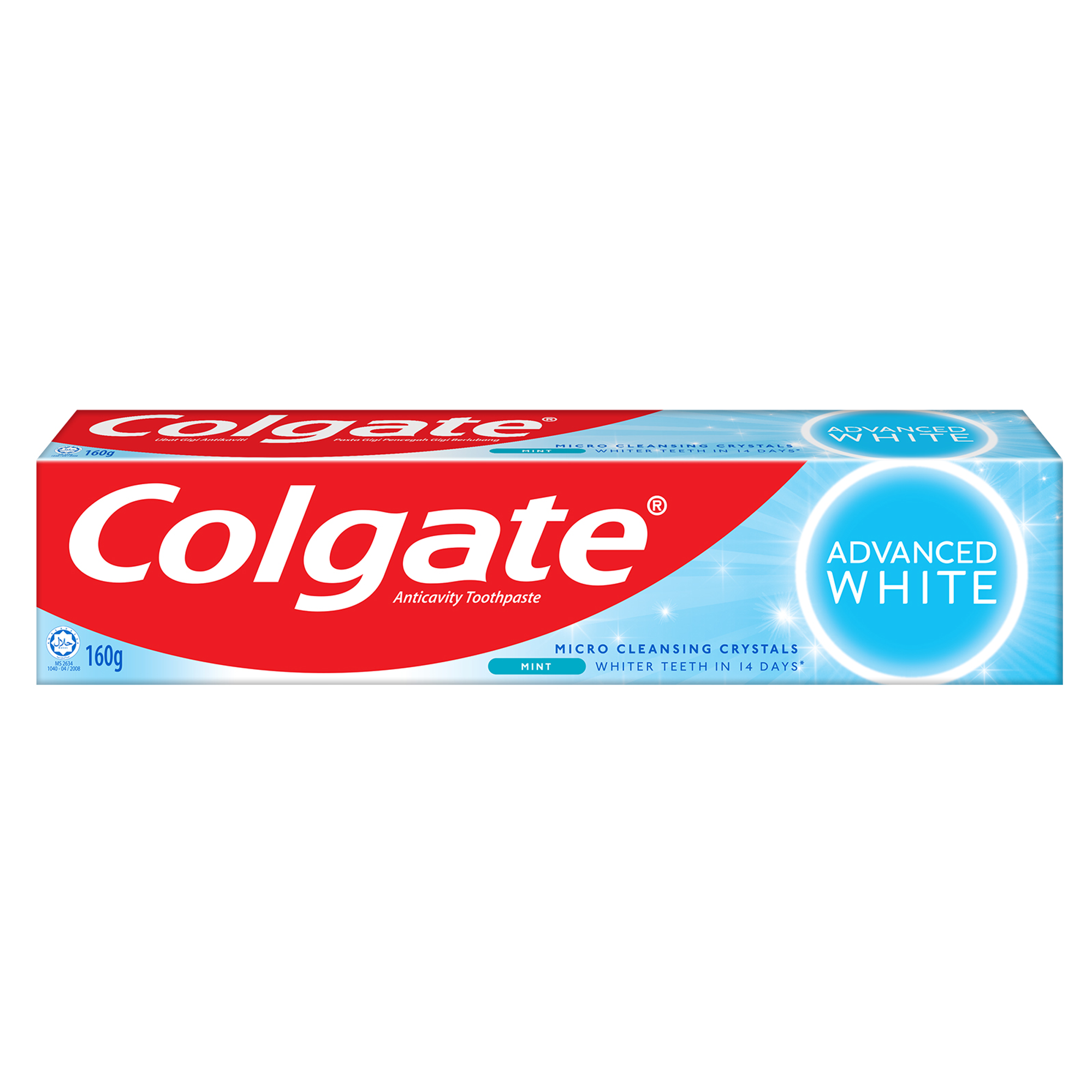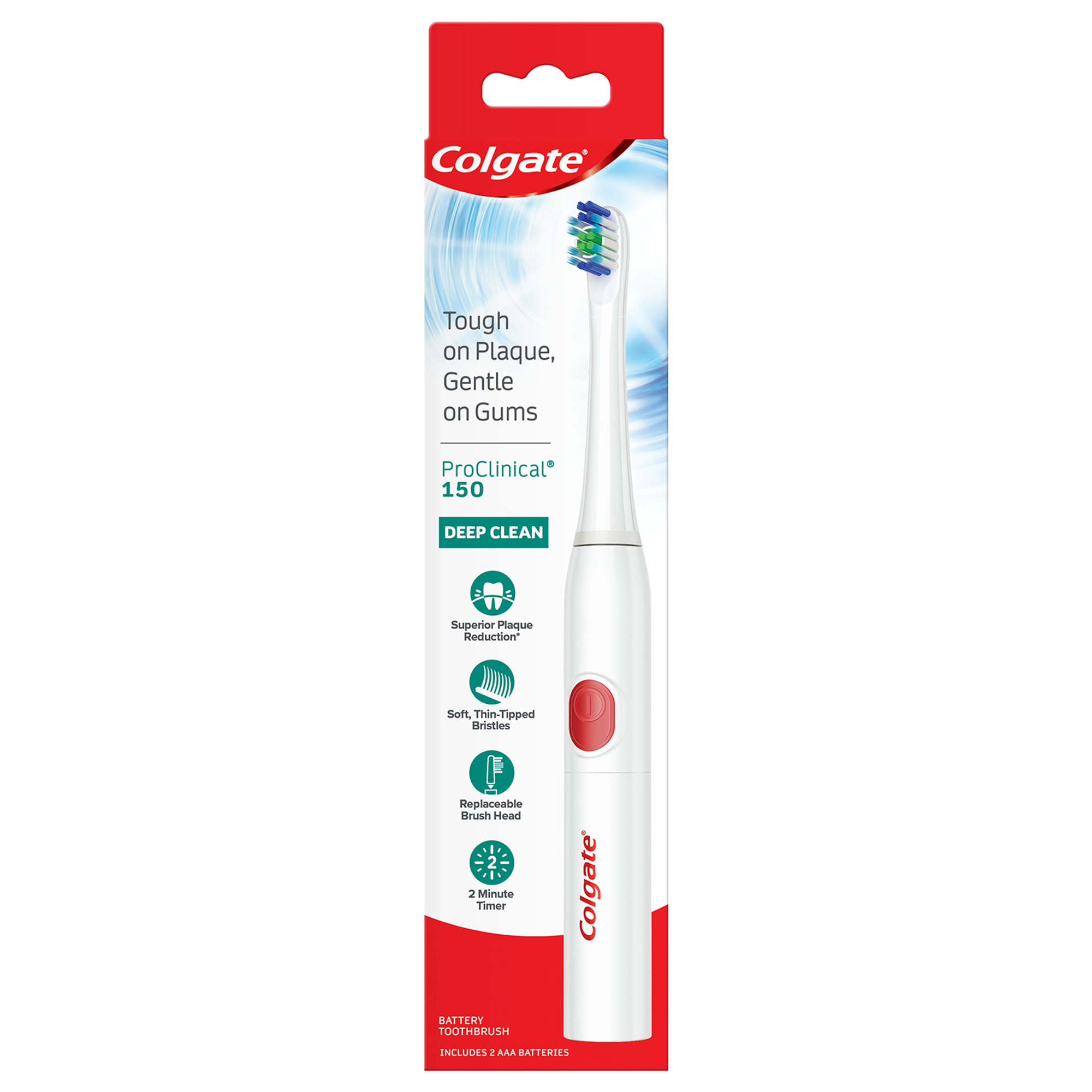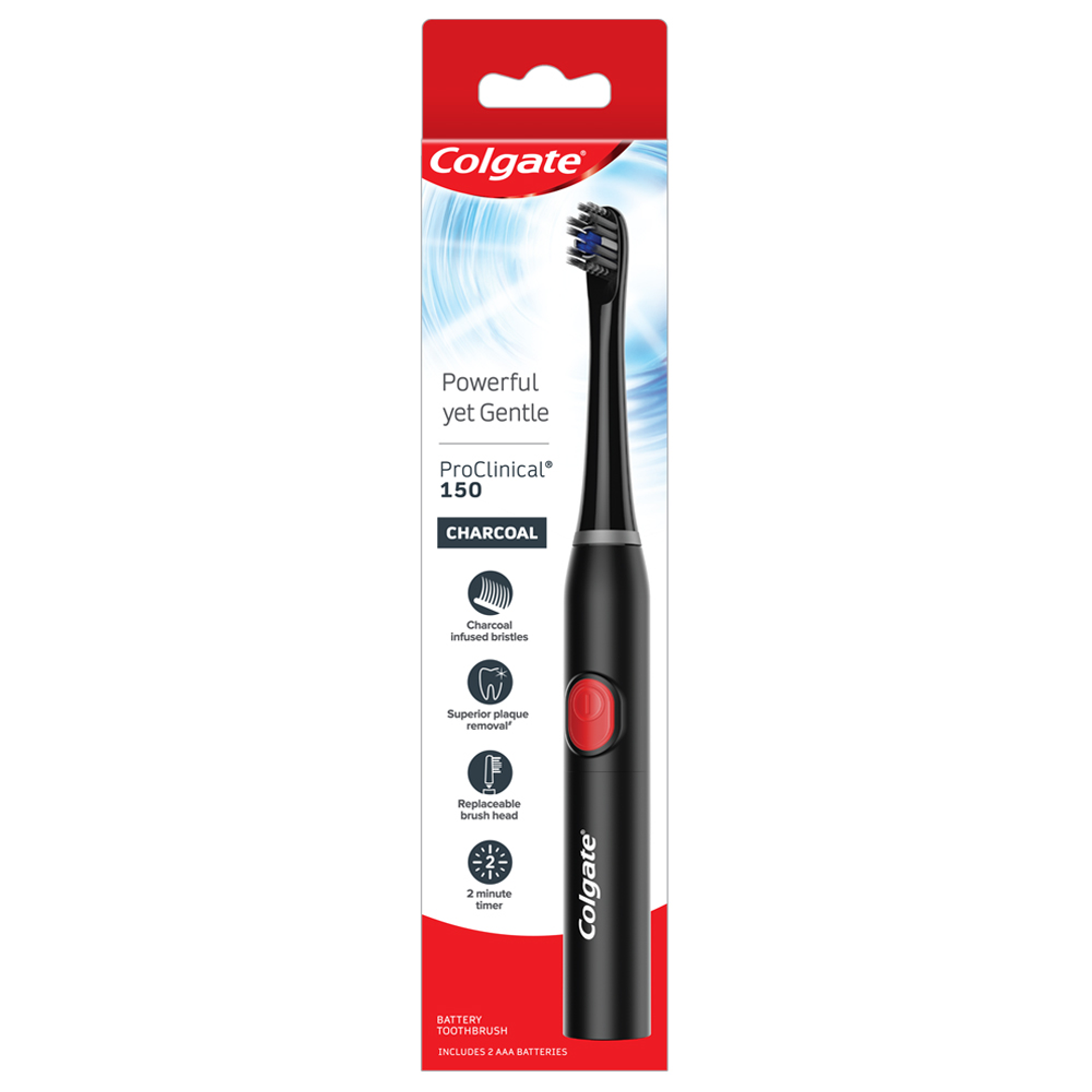- Oral Health and Dental Care | Colgate®
- Oral Health
- Lupus Symptoms and Oral Health


Lupus is an autoimmune disease or a disease that starts because of an abnormal functioning of your immune system . Lupus can have an effect on oral health. Its effect on oral health is the development of symptoms such as acute (sudden onset with short period of duration) or chronic( lingers for a very long period of time) soft tissue lesions. The disease is not acquired from another person, and it cannot be spread to another individual, even through bodily contact. It is your own body recognizing part of itself as foreign. Your immune system defenses attack various cells in your organs. Specifically, it is the antibodies that protect you from other infectious agents. The antibodies attack the nuclei of your cells, which then causes the symptoms to occur. The medical term for the disease is lupus erythematosus with a systemic (organs) form and a cutaneous, or (skin) form. Symptoms of this disease can overlap with those of other autoimmune diseases and can include a skin rash over the nose and cheeks, which is called a butterfly rash. A rash can appear on other areas of the skin that are consistently exposed to sunlight. Other symptoms include fatigue, swollen joints, fever, hair loss and inflammation of organs including the heart and kidneys.
Who Gets The Disease?
The Lupus Foundation of America states that the disease affects women in greater numbers than men. Women typically develop the disease during their childbearing years of 20 to 45 years of age, and women of African-American, Hispanic and Asian descent are most at risk. The Foundation also states that there are 16,000 new cases of lupus identified each year and that 5 million people from around the world suffer from this disease.
Diagnosis By The Doctor
There is no single test to diagnose the disease. The diagnosis is based on ruling out other immune diseases and having a group of symptoms associated with the disease, including the butterfly rash on the face, other skin rashes, inflammation of the heart, kidney issues, arthritis, immune system problems and oral ulcers.
Oral Health Changes Diagnosed By The Dentist
This disease does not contribute to the two major oral health issues of tooth decay and periodontal disease. Oral ulcers or oral lesions can be present, however, in 9 to 45 percent of people suffering from the disease, according to an article in the European Journal of Dermatology. The ulcers or lesions may be acute or chronic in nature, and they may appear to be similar to other types of oral lesions. The initial diagnosis may require a biopsy and working with a rheumatologist to determine whether the lesions are caused by lupus. If the disease affects the salivary gland, the patient may develop a dry mouth, which could require fluoride treatments. Treatment for oral lesions is palliative and often includes topical steroids.
Treatments Available
Treatment of the disease varies based on the organs affected and the severity of the problem. The treatments may include steroids, antimalarial drugs and pain medications. Lifestyle changes and stress management will also be necessary. Further information on treatment can be found at the Mayo Clinic website. Support is available for people who suffer from this disease. There are also some experimental drugs available such as Rituximab that alter the immune system to reduce the effects of the disease. However, as with all autoimmune diseases, there is no cure. There is only long-term management of the disease. If you suffer from or suspect you suffer from lupus, you should tell your dental hygienist and dentist at your next checkup.
Related Products

Helping dental professionals
More professionals across the world trust Colgate. Find resources, products, and information to give your patients a healthier future













